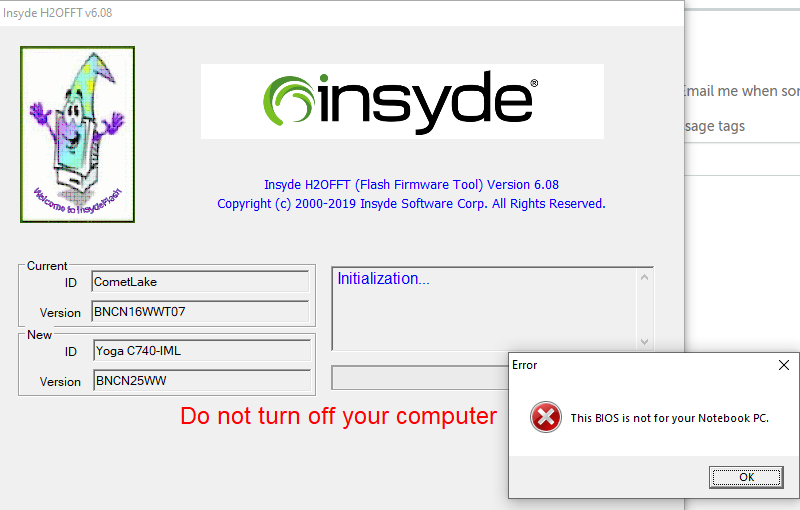
How to Find a BIOS Update Fileīefore you can update your BIOS, you obviously need to get the latest version, which is usually available as a single file to download from your motherboard manufacturer or PC OEM. You will then need to check and re-enter these values after the BIOS update.


You can take screenshots of most BIOS setup menus by inserting a USB Flash drive and hitting the F12 key. If you've changed any of the BIOS's default settings, whether it's for custom overclocking, enabling XMP, setting RAM timings or just changing the boot order of your drives, make sure to write your choices down or take screenshots of the BIOS menus before you update. Updates often wipe out any settings you're changed in the BIOS and return them to their default values. Before You Update: Write Down or Screenshot Your Settings If the code looks wrong and doesn't match the BIOS version numbers on the manufacturer's site, you can get a more reliable result by going directly into the BIOS and looking at the interface. Note that some motherboards may not accurately report their version number to Windows. The best method for most circumstances is updating via the BIOS, because the Windows method, while convenient, introduces greater possibilities for error that could result in non-functioning motherboard. However, these are riskier to use because if Windows crashes during the process, you could have problems.


You'll need BIOS Flashback if your motherboard won't support your new CPU until it gets a BIOS update. You just put the BIOS update files on a Flash drive (you definitely don't need one of the best flash drives for this), plug it into a specific port on the motherboard, press a button and wait a couple of minutes while some lights flash.


 0 kommentar(er)
0 kommentar(er)
